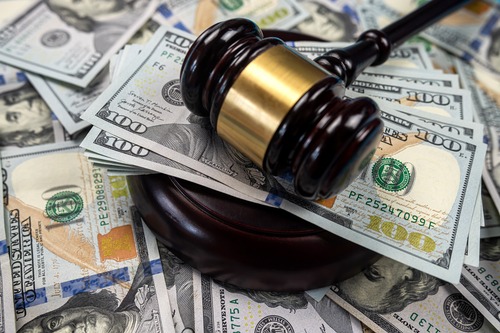
What Happens If You Win a Car Accident Lawsuit?
Car accidents can be incredibly stressful and disruptive. If you’ve been injured in a car accident in North Carolina, you may be wondering what happens next, especially if you’ve decided to file a lawsuit. Winning





